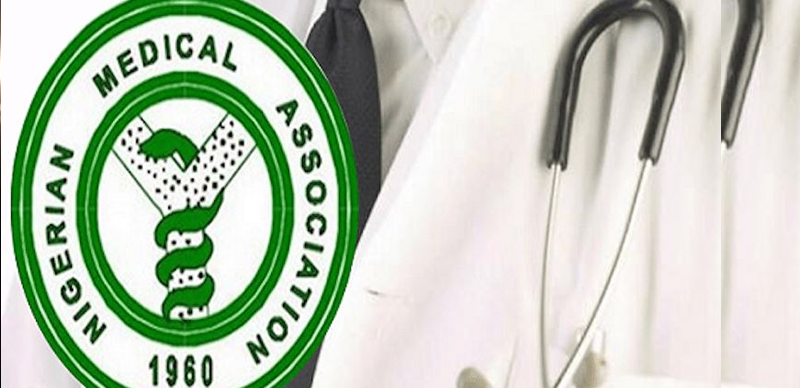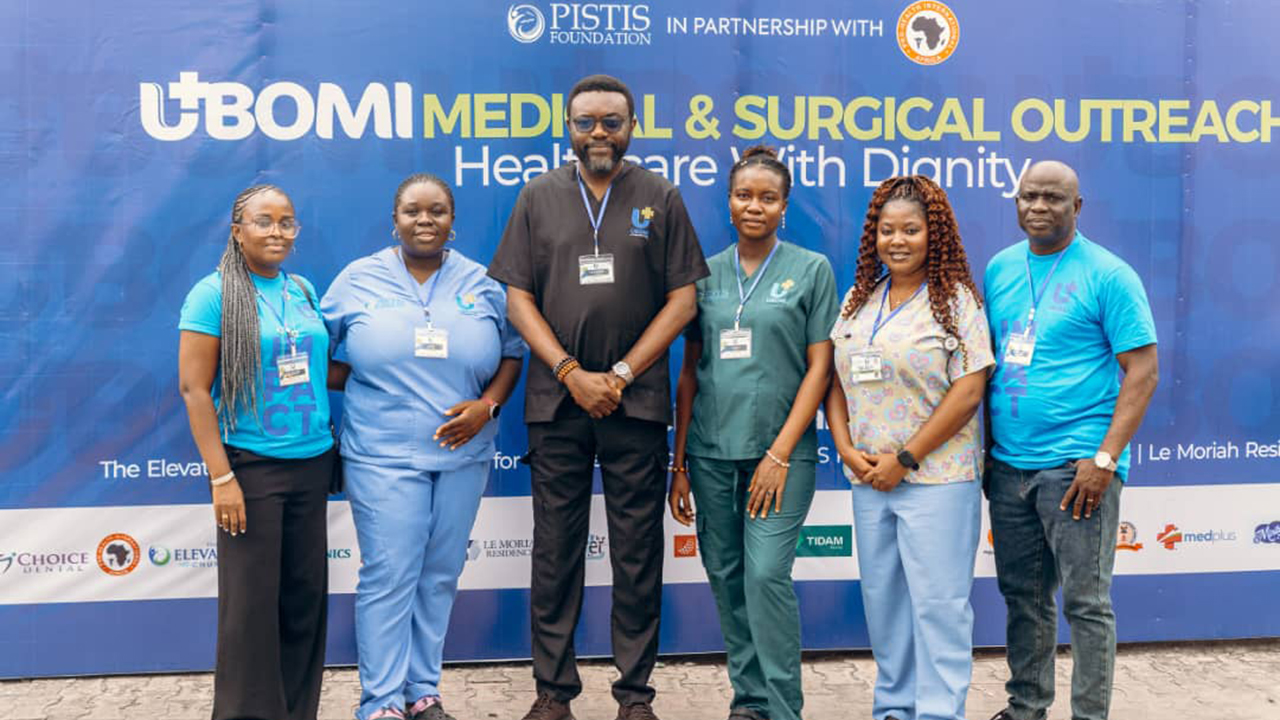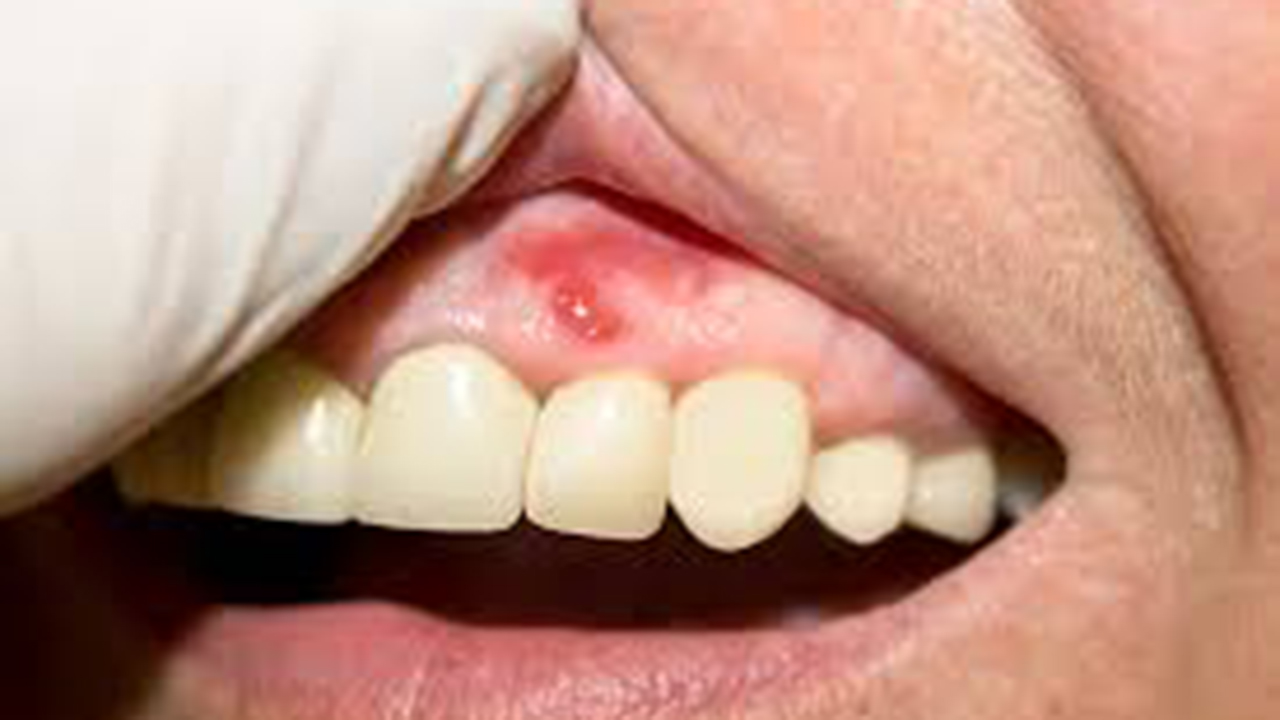About $10 billion is lost every year to outbound medical tourism in Africa. Out of the amount, Nigeria alone loses about $2 billion annually to medical tourism abroad.
National President of the Nigerian Medical Association (NMA), Prof. Bala Mohammed Audu, who disclosed this at the association’s Healthcare and Medical Expo with the theme “Reversing Medical Tourism: Africans Investing in Africa”, on Wednesday in Abuja, said that it has been realised that developed countries of the world come to Nigeria to recruit doctors trained and practising in Nigeria, while the political elites travel to those countries for high-end medical treatment that is available at their own doorsteps due to lack of awareness.
Audu argued that the fact that the political elites in Nigeria go for healthcare in other parts of the world does not negate the fact that those services are available in the country and are even probably better than those they seek abroad.
He said, “The theme of this year’s Expo, Reversing Medical Tourism: Africans Investing in Africa, is timely and deeply relevant. Every year, Africa loses billions of dollars to medical tourism. This outflow of capital not only weakens our economies but also undermines confidence in our own healthcare systems. Yet, within this challenge lies the opportunity to harness the skill, knowledge, and resilience of African professionals to create world-class medical services here at home.
“The knowledge, quality, and expertise that Nigeria-trained doctors carry to other countries were obtained in Nigeria, and they perform excellently, but many Nigerians do not even know that these services are available here in Nigeria. So many Nigerians leave Nigeria to go to other countries like the U.S., the U.K., India, and so on, to look for care — care that is very much available at their own doorstep.”
Audu, who stated that it has become necessary to create awareness that many great things are going on in high-end medicine in Nigeria, said, “We also realise that there are people in other parts of the world who are looking for these services, and they go to other countries.
They can actually come to Nigeria and get these services. So, we are not only going to reduce Nigerians going to other countries to get these services, but we are going to attract nationals of other countries to come to Nigeria to access these services. By the time we make it so competitive and they go abroad, and the doctors they are seeing there refer them back to Nigeria, then they know that they don’t have to go abroad again.”
The NMA President pointed out that in order to achieve that kind of high-end medical service that is of global standard, Nigeria needs to invest and create an enabling environment in terms of health financing and funding, particularly by creating that financial and economic core that makes the healthcare industry in Nigeria as competitive as what is obtainable in other parts of the world.
He noted that most Nigerians who seek healthcare abroad do not go to public institutions but to high-end private sector institutions.
He emphasised that while it is imperative to strengthen public healthcare institutions, it should be known that the economy of scale of health industrialisation lies in the private sector.
He called on Nigerian high-end investors to invest in the health sector, adding that it has been projected that about $5 billion in Foreign Direct Investment (FDI) will be coming into Nigeria in the next five years and that health sector industrialisation investment is a positive investment.
Audu expressed the commitment of the NMA to drive initiatives that promote quality healthcare, professional excellence, and sustainable investment in the medical sector.
He noted that through advocacy, collaboration, and innovation, Africa can and must become a destination for quality healthcare, not an exporter of patients and doctors alike.
In his keynote address, the Chairman of the Conference and Chancellor of Ekiti State University, Dr. Tunji Olowolafe, observed that Nigeria is already a medical tourism destination, stressing that while we lament outbound flights, patients are flying into the country, though the numbers are relatively unimpressive.
He said, “From Niger, Chad, Cameroon, and across West and Central Africa, they come to Aminu Kano Teaching Hospital (AKTH) for kidney transplants. Diaspora Nigerians from London, Houston, and Toronto return to The Bridge Clinic and Nordica Fertility Centre for IVF — by choice, because of 60–80% cost savings, cultural affinity, and world-class expertise. Cedarcrest Hospital in Kaduna, JCI-accredited, draws corporate clients and medical tourists seeking trauma and neurosurgery at international standards.
“Nizamiye Hospital in Abuja, with its robotic surgery suite, attracts patients from the Sahel who would otherwise fly to Turkey. Beyond the established success stories of major public hospitals, this narrative of Africans investing in Africa is robustly confirmed by our private sector leaders and pioneers.”
He noted that as much as brain drain is damaging to our healthcare system, it verifies the quality of our educational system because our medical practitioners are respected all over the world, including in the US and UK. It thus makes it compelling to invest more in our educational system to produce more doctors, nurses, and other health workers.
According to him, this affirmation must serve as the ultimate motivation to invest in the infrastructure and systems that keep that talent in the country.
Olowolafe emphasised the need to encourage local production of medicines and medical supplies to reduce import reliance and strengthen preparedness and response capabilities for public health emergencies.
He stated that reversing medical tourism is not about emotion but about strategy and transforming Africans into investors rather than dependents.
“When we speak of Africans investing in Africa, we are not just referring to financial capital. We are talking about intellectual capital, leadership capital, and trust capital. We cannot reverse medical tourism without investing in knowledge production — in research, faculty development, and medical education that equips our doctors to compete globally while staying locally relevant.
“We must make Africa not just a market for medical solutions but a maker of medical breakthroughs. That is why collaborations between universities, medical associations, and private sector investors are so essential. Together, we can build pipelines of talent, research, and innovation that keep our brightest minds here — not just physically, but intellectually and emotionally committed to Africa’s future,” he added.
In his remarks, Minister of State for Health and Social Welfare, Dr. Adekunle Salako, noted that the theme of the conference, “Reversing Medical Tourism: Africans Investing in Africa”, is particularly significant considering the huge capital flight that occurs because of medical tourism.
Salako observed that more than 30% of the country’s annual budget goes to the equivalent spent on medical tourism, which leaves a massive drain on the economy, puts pressure on foreign exchange, and also reduces public confidence in the health system.
He pointed out that most Nigerians travel out mainly for oncology care, orthopaedics, nephrology, and cardiology, adding that the government has strategically identified oncology care as one area to start from because data also show that about 40% of Nigerians who travel do so for oncology.
Salako, who spoke on the ongoing strike by resident doctors, appealed to NARD to call off the strike and assured that the 19-point demands are being addressed.






